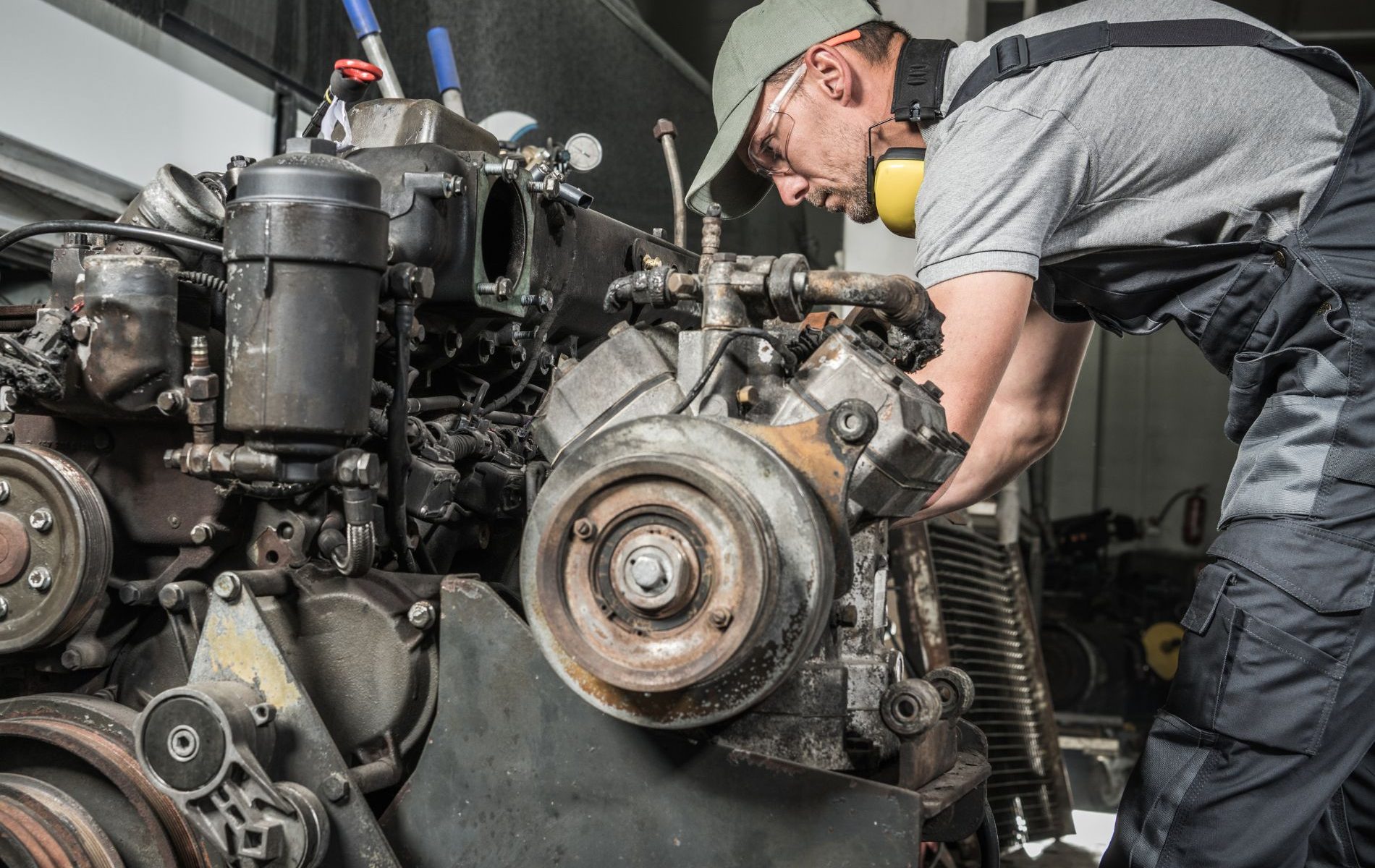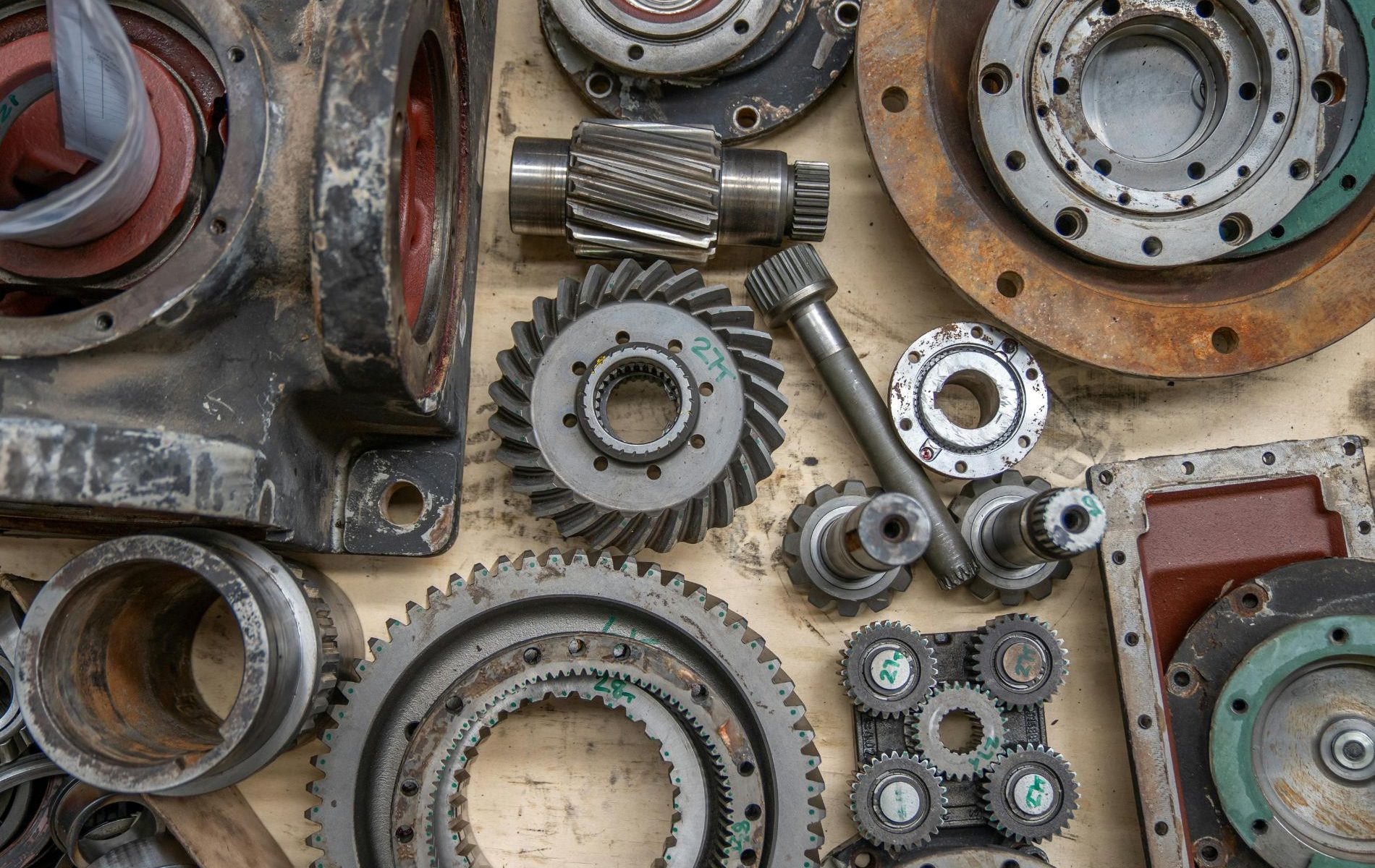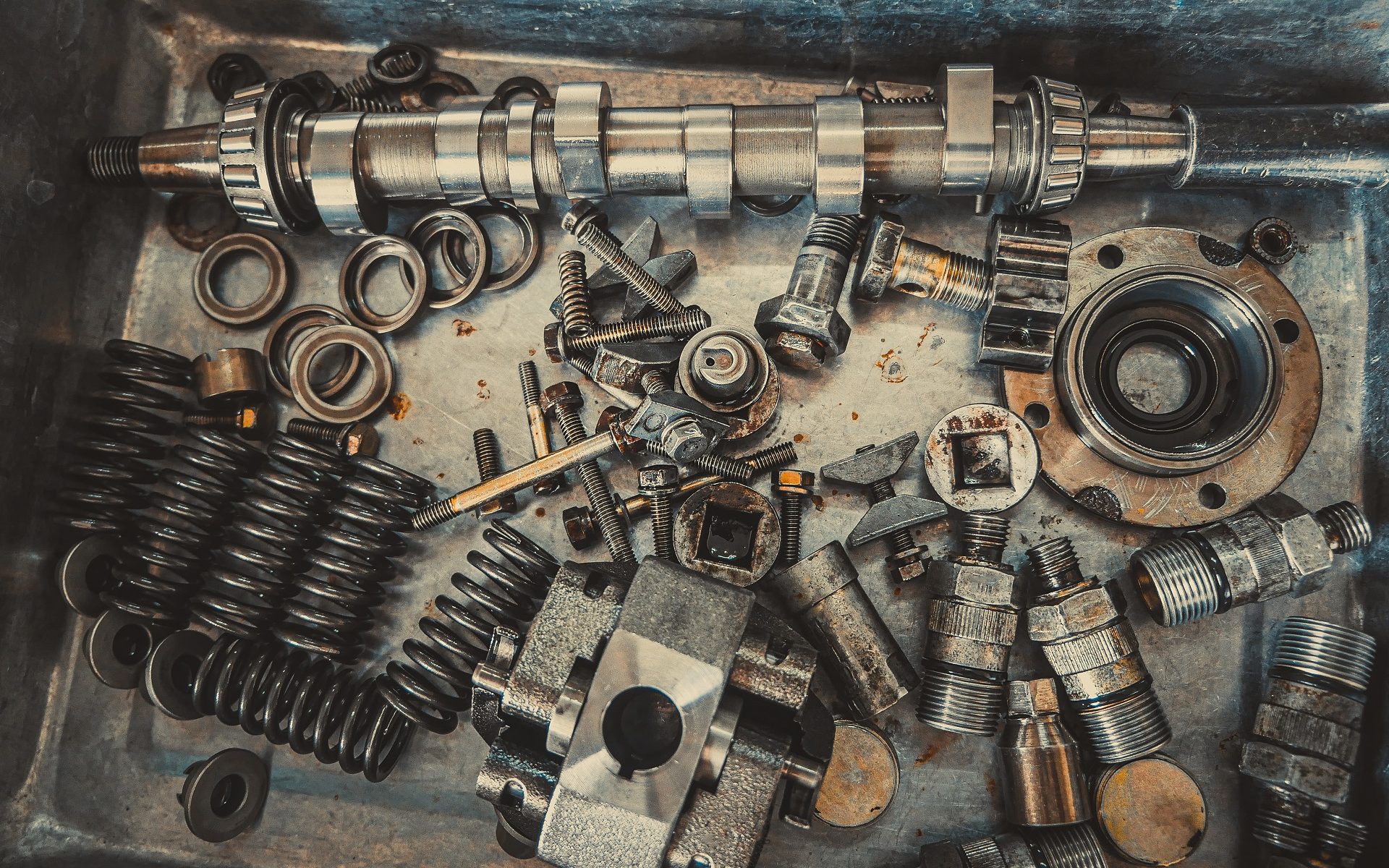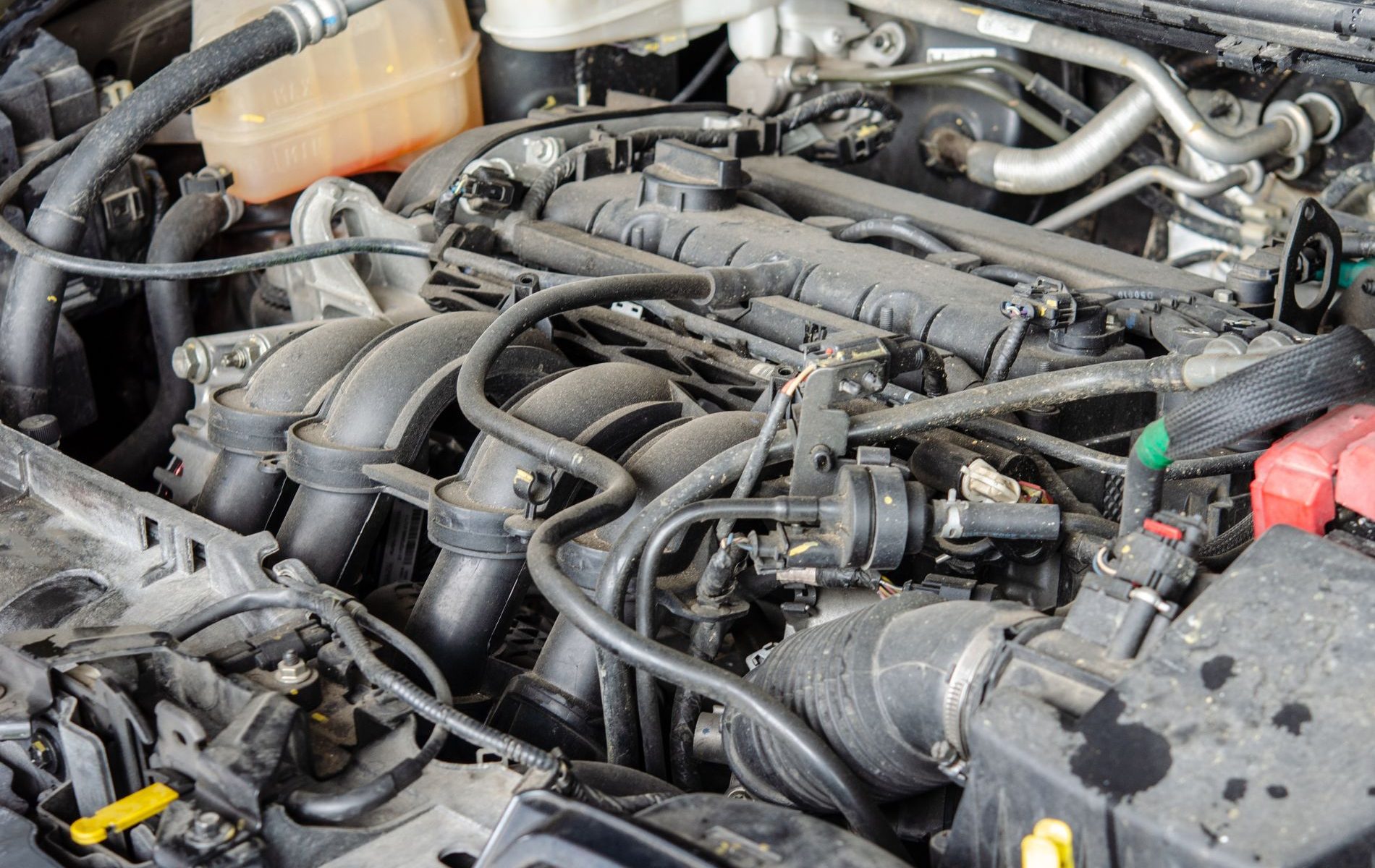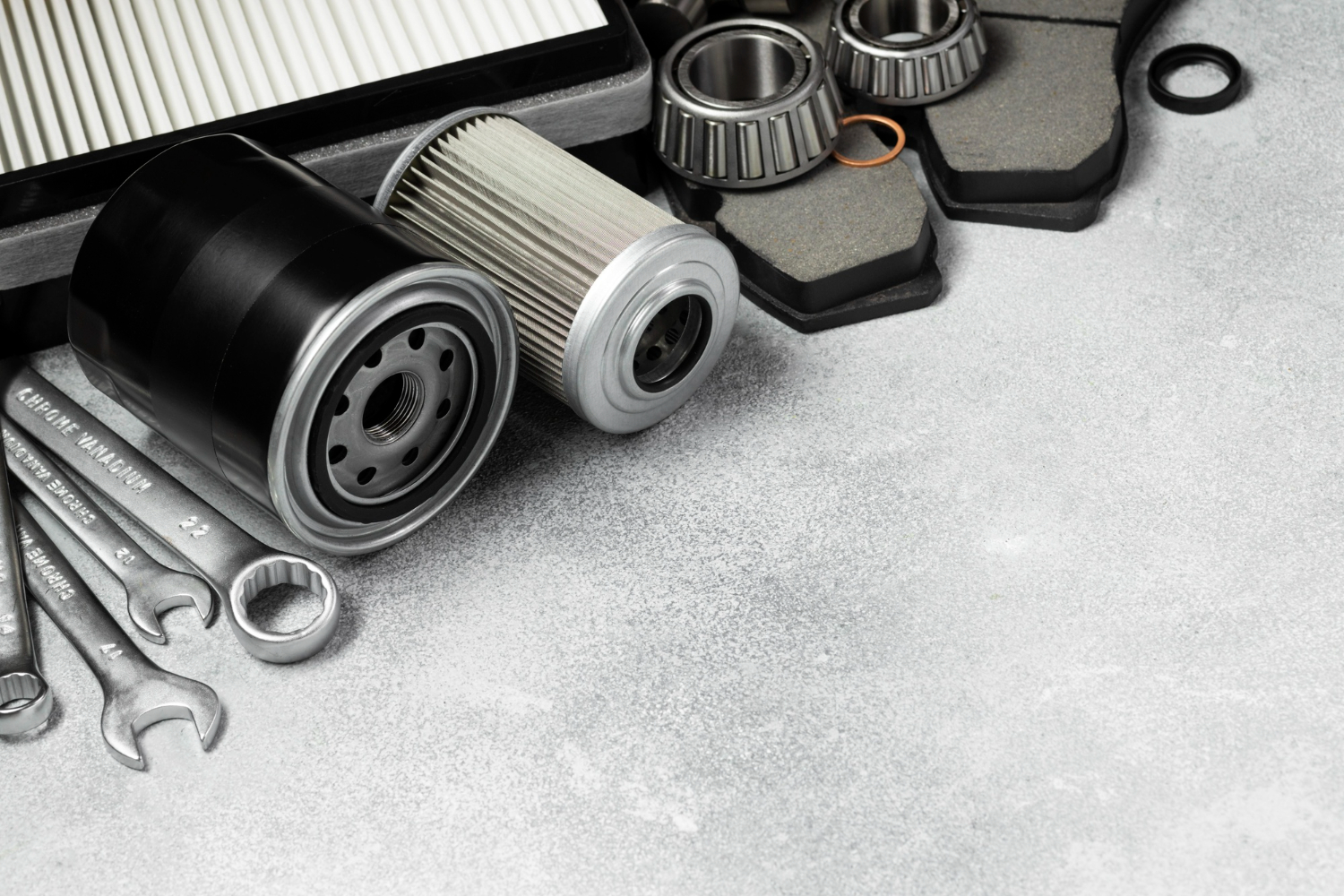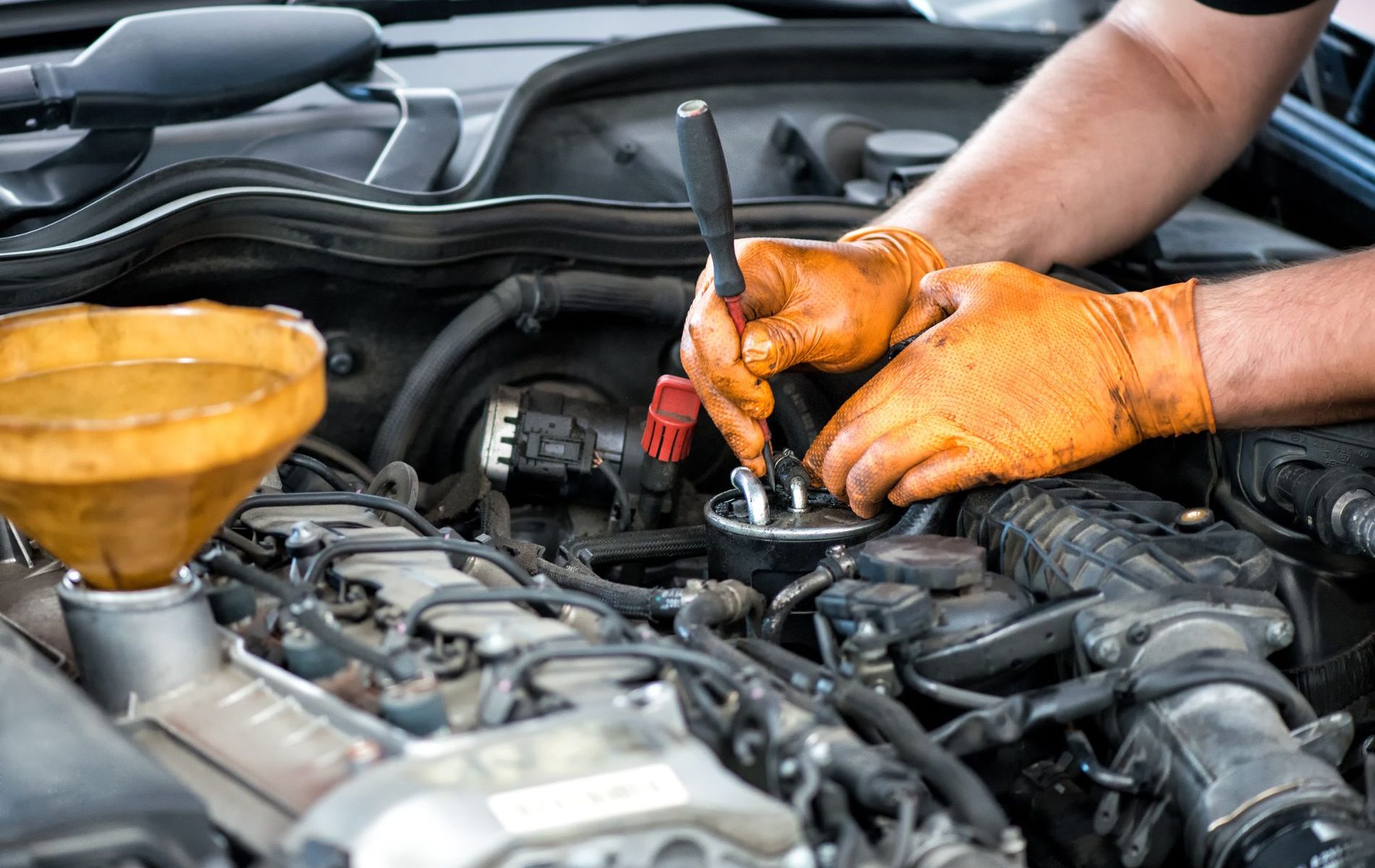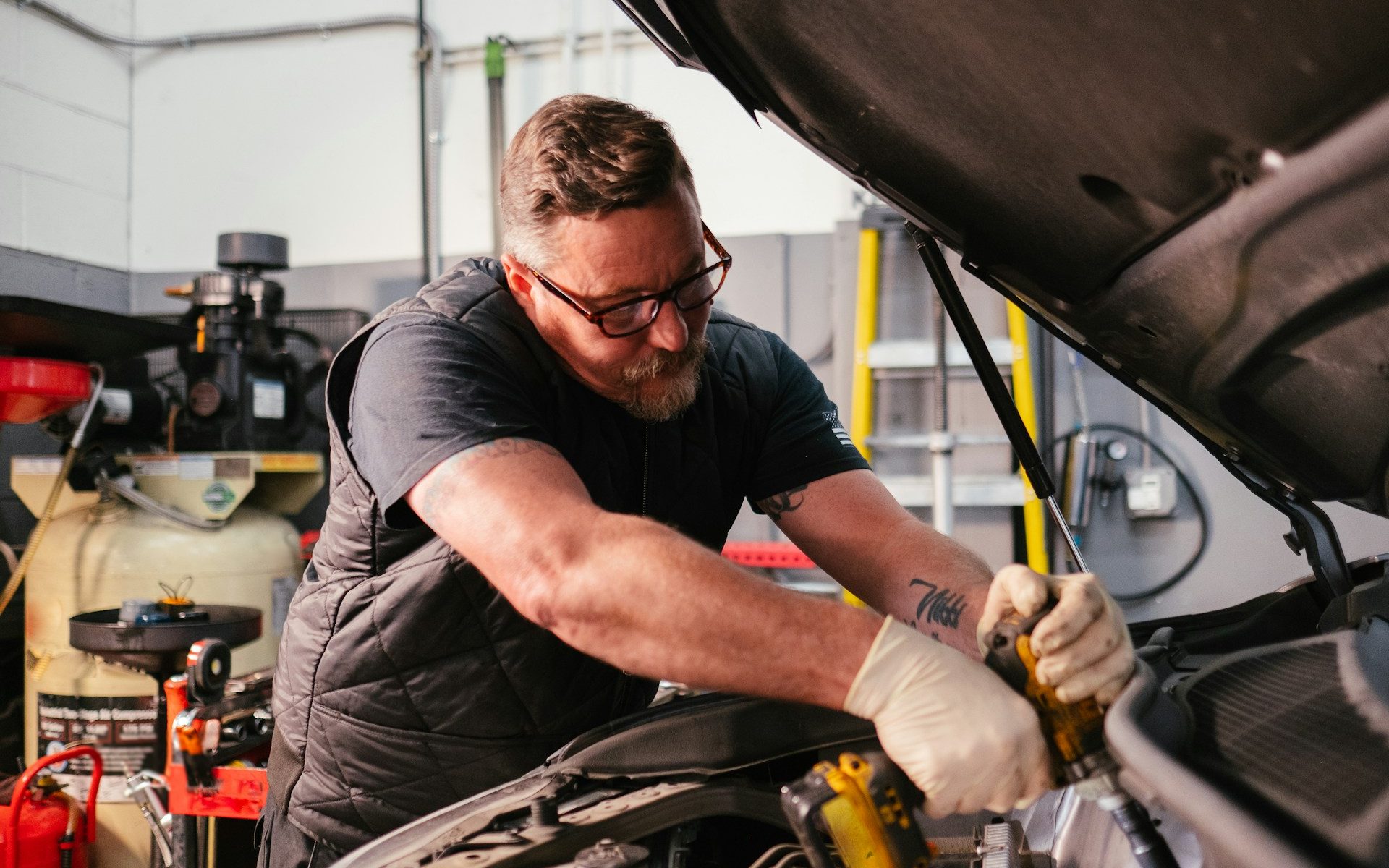Diesel engines are known for their power and durability, making them a popular choice for vehicles across Houston. However, like any other engine, they require regular care to function at their best. Consistent maintenance can significantly extend their lifespan, avoiding costly repairs and breakdowns. But what does proper maintenance involve? How can those unfamiliar with diesel engines ensure they are giving their vehicle the attention it needs?
Imagine you’re planning a long road trip with your family. Your diesel engine can handle the long drive, but only if it’s well-maintained. Neglecting routine check-ups might leave you stranded on the side of the road, ruining your adventure. To avoid such mishaps, let’s explore some easy steps you can take to keep your diesel engine running smoothly.
Regular Maintenance Routines
To keep your diesel engine in peak condition, setting up a consistent maintenance schedule is key. Regular maintenance helps in catching small issues before they turn into expensive problems. Here are a few essential tasks to incorporate into your routine:
– Oil Changes: Regularly changing the engine oil is crucial. It keeps the engine parts well-lubricated, reducing friction and preventing wear.
– Filter Replacements: Air and fuel filters should be checked and replaced as necessary. Clean filters ensure optimal airflow and fuel quality, boosting performance.
– Coolant Checks: Keeping an eye on coolant levels prevents overheating. Make sure the coolant is fresh and at the appropriate level to protect the engine.
Finding a reliable service provider in Houston can make these tasks easier and more convenient. Look for experienced technicians who understand diesel engines and can offer sound advice on maintaining them. They can handle complex tasks, allowing you to focus on enjoying your vehicle rather than worrying about potential problems down the road.
In addition to these basic routines, remember to regularly inspect your engine for any signs of trouble, like leaks or unusual noises. Dealing with concerns early can save you time and headaches later. The peace of mind that comes with knowing your diesel engine is in good hands is well worth the effort.
Using High-Quality Fuel
Choosing the right kind of fuel is like giving your diesel engine a healthy diet. High-quality diesel fuel can make a significant difference in how your engine performs and its overall lifespan. It enhances combustion efficiency, which results in smoother operation and even better fuel economy. Running on low-grade fuels can lead to soot buildup and other deposits that clog filters and injectors.
Consider fuel quality as an investment in your vehicle’s health. Reliable gas stations in Houston often sell cleaner diesel options. Check for stations that offer fuel additives that improve lubricity and reduce the chance of injector blockages. Making smart fuel choices keeps your engine running longer, with fewer breakdowns.
Monitoring and Addressing Common Issues
Even with regular maintenance, diesel engines can sometimes show signs of wear. Being attentive to early warning signs can save you from major repairs. Listen for unusual noises, watch for excess smoke, and feel for vibrations that weren’t there before. Catching these early can be the key to preventing serious engine damage.
Some common diesel issues include injector problems, turbocharger failures, and glow plug malfunctions. When you notice something off, act quickly. Seek professional help to properly diagnose and fix the problem. Regular diagnostics help you stay ahead, ensuring minor problems don’t escalate.
Seasonal Maintenance Tips for Diesel Engines
Houston’s summer heat can be tough on diesel engines, but preparing your vehicle for seasonal changes helps in optimizing performance. During the summer, check and maintain the cooling system to prevent overheating. Make sure your coolant is topped off and replace any worn hoses.
As seasons change, so do driving conditions. Ensure tires are in good shape, and check your brakes. Before long trips or when expecting extreme weather, a thorough inspection reduces the risk of unexpected issues. Being proactive keeps your diesel engine reliable through the seasons.
Summary and Next Steps
Maintaining your diesel engine doesn’t need to be a complex task. Regular attention to maintenance tasks, using quality fuel, watching for issues, and adjusting for seasonal changes all contribute to driving a vehicle that lasts longer and performs better. Proactive care means less stress over sudden breakdowns and more confidence on the road.
Routine check-ups, being mindful of changes, and adjusting to the weather extend your engine’s life effectively. By taking these steps, you ensure that your diesel engine continues to operate smoothly, letting you enjoy driving without unexpected interruptions.
Keep your diesel engine running smoothly and extend its lifespan with proper maintenance and high-quality fuel. If you’re looking for quality replacement parts or considering a new engine, explore options like used diesel engines for sale from Airline Auto Parts. These can help you maintain a reliable and powerful vehicle for years to come.

